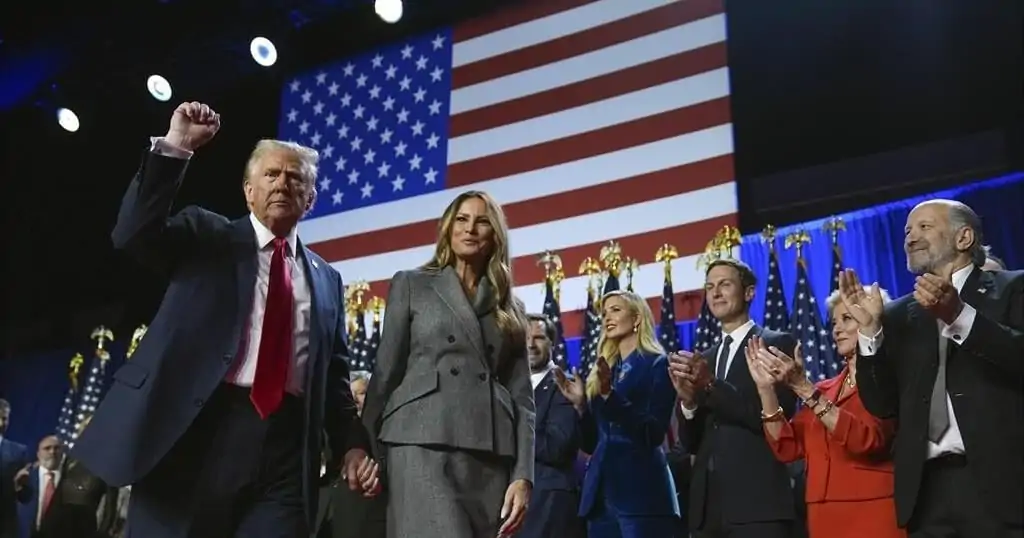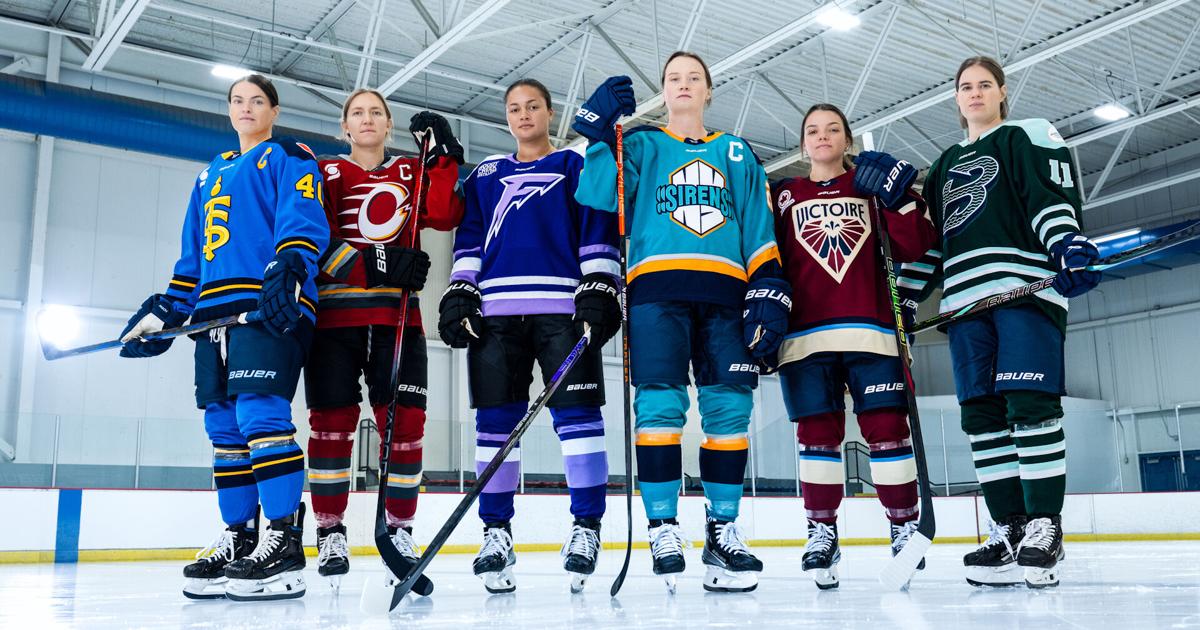VANCOUVER – Canada’s men’s rugby team suffered a humbling 55-28 defeat at the hands of Japan to open its Pacific Nations Cup tournament Sunday.
The quick, offensively dominant Brave Blossoms first struck in the fourth minute with a try from Malo Tuitama.
Warner Dearns touched twice for 14th-ranked Japan, while Dylan Riley, Kani Shimokawa, Seungsin Lee and Tomoki Osada also contributed tries. Lee also booted six conversions and a penalty in the victory.
Andrew Coe, Lucas Rumball and twins Talon and Takoda McMullin each had a try for No. 21-ranked Canada, while Peter Nelson added four conversions.
The Canadians will continue the tournament in Carson, Cali., on Aug. 31 when they face the United States.
Both sides will head to Japan for the semifinals and fifth-place game in Tokyo on Sept. 14 and 15. The championship game and third-place matchup are set to go Sept. 21 in Osaka.
Japan jumped out to an early lead Sunday when Tuitama broke through the Canadian line and ran in for a try just four minutes into the game.
Lee added his first convert of the game and the visitors grabbed a 7-0 lead.
Three minutes later, Dearns muscled his way through traffic and touched to boost the Brave Blossoms’ advantage to 12-0.
Canada’s offence responded, working its way deep into scoring territory, but were unable to finish.
Japan padded its advantage in the 22nd minute. Canada’s Nic Benn missed a tackle, giving Yoshitaka Yazaki an opportunity to dish off to Shimokawa, who touched to put the Japanese up 19-0.
Lee added a conversion, then a penalty kick that boosted the lead to 24-0 in the 26th minute.
Dearns struck again in the 28th minute, escaping a series of Canadian tackles and sprinting in for his second try of the day.
The officials took a long look at video of the preceding ruck, but eventually decided the try was good and, after Lee booted another convert, Japan went up 31-0.
Play had barely restarted when Japan added to the damage.
Japan’s Nicholas Mccurran slipped through the Canadian line, then dished off to Riley as he was being hauled to the ground. Riley dashed down the field for a try and, with Lee’s convert, Japan took a 38-0 lead in the 31st minute.
The Canadians finally got on the board before the half thanks to a loose ball booted by Jason Higgins. Coe chased it down and leapt on top of it for a try and Nelson made the ensuing convert, cutting Canada’s deficit to 38-7.
Japan’s offensive outburst continued early in the second half. Three minutes in, Dearns handed off to a teammate who was taken down by Canada’s Cooper Coats just ahead of the line. Lee collected the ball and manoeuvered around the mass for a try.
Canada responded with a gritty effort at the other end of the field. After grinding through an extended series of rucks on the line, Rumball — the Canadian captain — touched. Nelson booted the convert and shrunk Japan’s advantage to 45-14 at the 46-minute mark.
The home side scored again four minutes later off a line out. Andrew Quattrin handed off to Talon McMullin, who evaded a Japanese defender and rushed in to touch before Nelson added another convert.
Canada turned over the ball in the 68th minute and Japan took advantage. Jone Naikabula collected it midfield and dashed down the field, ducking out of the way of flying tackles before leaping in over the line to give the Brave Blossoms a 50-21 lead.
The Canadians added to the score line on an advantage in the 80th minute. Nelson booted the ball and Takoda McMullin got a hand on it for the try.
Tomoki Osada ran in an 82nd-minute try for Japan, sealing the score at 55-28.
This report by The Canadian Press was first published Aug. 25, 2024.

























